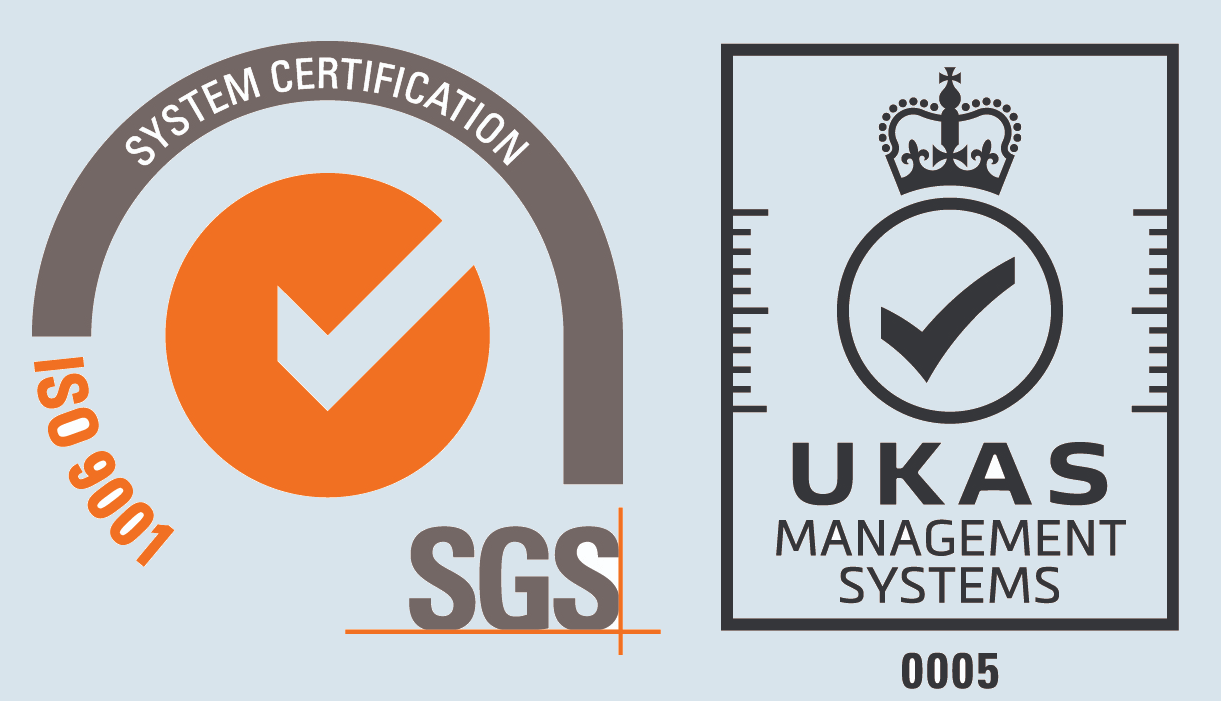
Aluminium Metal Glossary
Cast, Heat, Melt
These terms are used interchangeably to refer to the product of a single melting furnace charge. Sometimes the furnace contents are tapped into two or more ladles when the product of each ladle may be called a separate cast. It is always assumed that the chemical composition of an entire cast will be uniform. This is described as the “cast analysis” on a Certificate of Conformity etc.
Charpy Test, Fracture Test, Impact Test, Izod Test
A test in which the test piece is notched and broken. The fracture surface examined to assess grain structure and freedom from defects. Also used to determine toughness, often at varying temperatures to establish at what reduced temperature the material becomes brittle.
Chemical Conversion Coating
The treatment of material with chemical solutions by dipping or spraying to increase the thickness of the natural oxide film on the surface or to build up an oxide film bearing chromates or phosphates
Related terms: Alocrom
Chromating, Alocrom, Alocroming
A family of proprietary chemical conversion coating processes based on chromate (hexavalent chromium) solutions that act as a surface pre-treatment before painting or insulation foaming. This also increases the corrosion resistance. More environmentally benign processes based on trivalent chromium are being introduced.
Circumscribing Circle
A circle that will just contain the cross section of an extrusion, usually designated by its diameter.
Clad Material
Material that has a thin layer of Aluminium or Aluminium alloy metallurgically bonded to it usually by rolling, extruding or drawing. Most often it is used to provide a more corrosion resistant surface or to facilitate anodising.
Cold Drawing, Drawing
The pulling of a work-piece through a fixed die at room temperature. It can reduce the size, change the cross section or shape, improve surface finish, improve tolerances or work-harden the material.
Cold Working
The permanent alteration of shape or dimensions by plastic deformation at room temperature by, e.g., cold rolling, cold reduction, drawing, pressing, forming, bending, swaging, etc.. Cold working increases strength and hardness but reduces ductility.
Colour Anodising
Incorporation of colouring matter (dyes) into the film of anodised Aluminium during the anodising process.
Concentricity
Strictly, this is the shift between the centres of the circles that are the Outside Diameter (OD) and Inside Diameter (ID/ Bore) of a round tube. Any such shift will cause a variation in wall thickness around the circumference of the tube, hence the tolerance on concentricity is determined by the wall thickness tolerance.
Container
The key part of an extrusion press into which the billet is placed before extrusion. It is a hollow cylinder which is closed at one end by the die and at the other by the extrusion ram. It has to contain the substantial pressures generated during extrusion.
Controlled Stretching
Stretching, under controlled tension, of plate and shate products to a specified extension (percentage permanent set). It relieves internal stress and minimises distortion during machining as well as improving flatness and straightness.
Cooking Foil, Foil, Kitchen Foil, Tin Foil
Cold rolled aluminium flat product less than 250 microns in thickness. Usage includes kitchen foil (cooking foil) and foil trays for food. Kitchen Foil is often incorrectly referred to as Tin Foil.
Critical Quencing Rate
The minimum mean cooling rate from the solution treatment temperature necessary to retain the alloying constituents in solid solution and thus permit the alloy to meet specified mechanical property requirements in the precipitation hardened (aged) condition.
How can we help?
Contact us today to see how Capalex can help
solve your challenges.
 Capital Aluminium Extrusions Limited
Capital Aluminium Extrusions LimitedCleator Moor, Cumbria,
CA25 5QB, UNITED KINGDOM.
